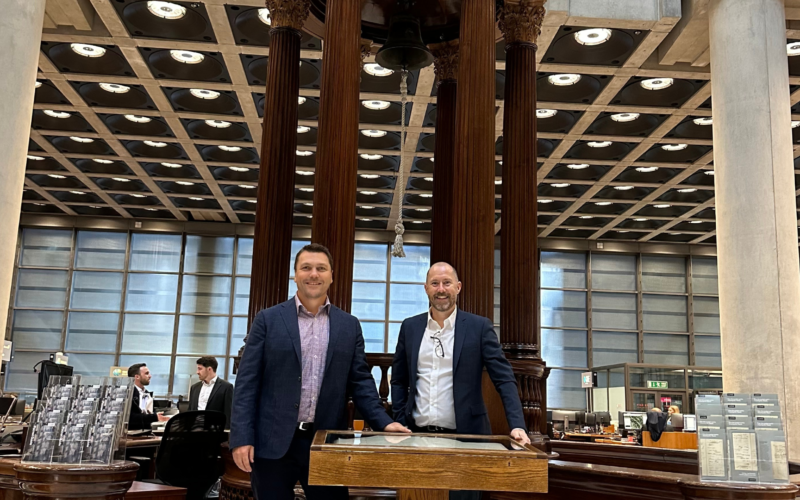Repeated lock downs and restrictions to trade have brought a thriving hospitality industry to its knees. Government hand-outs are of little help and the scene is only just surviving, with many businesses crumbling under the crippling weight of COVID. Those that have managed to weather the storm now wonder if their business interruption insurance can provide more relief. The fine print of policies continue to be argued in the High Court of Australia.
The case so far…
Insurers never intended to provide business interruption insurance for a global pandemic. Fortunately for some policy holders, a handful of policy wordings incorrectly refer to the inactive Quarantine Act 1908. Legislation was subsequently repealed and replaced by the Biosecurity Act 2015. Wordings that do not cite the current act may be required to honour claims. Successful outcomes remain subject to policy specific clauses and exclusions, but there is room for optimism.
A recent High Court decision has rejected insurers’ application to appeal the first test case that went in the insured’s favour, positive news for hospitality business owners. However, finalisation of any claim payouts will be delayed until further clarity is provided by a second test case to be heard 30 August 2021. The second test case will address additional aspects to wordings including factors such as “Proximity of an Outbreak” i.e. “at the premises” or “within a 20km radius”. Subsequently, Prevention of Access clauses will be reviewed to determine reasoning behind orders to close by legal authority. Claims may only be paid if forced closures are the result of a local outbreak rather than blanket measures to prevent the spread of infection.
The potential pitfalls of class actions
Some venue operators have put their hand up to join Class Actions against the insurers which may prove fruitful, but it is important to be aware of the pitfalls. The legal process via a class action may be drawn out and the result of the insurance test cases and streamlining of claims may prove a faster avenue – particularly if the next test case in August also errs in the favour of insureds. Those that participate may also lose up to 40% of monies awarded to lawyers and litigation funders. If the action fails, the lead plaintiff will be responsible for adverse costs.
What to do next
As Australian businesses await the outcome of the second test case, if you are an affected business it is strongly recommended that you review your specific policy coverage and observe closely the outcome of this next text case. Businesses that are yet to lodge a claim should seek advice from their broker to review their policy and if eligible, consider lodging a claim accordingly.
Those that have already lodged a business interruption claim should take the time to collate the necessary financial and operational data and to avoid a loss of critical information. Your broker will be able to advise on the necessary documentation required and provide expert guidance throughout the claims process.
As we endure yet another lockdown, we empathise strongly with venue operators who have suffered significantly this past 18 months. We share your frustrations that insurers have taken so long to reach a clear conclusion on policy coverage. We eagerly await the final determination of this next test case, so that we can act resolutely for our clients to ensure they receive what they are duly entitled.



